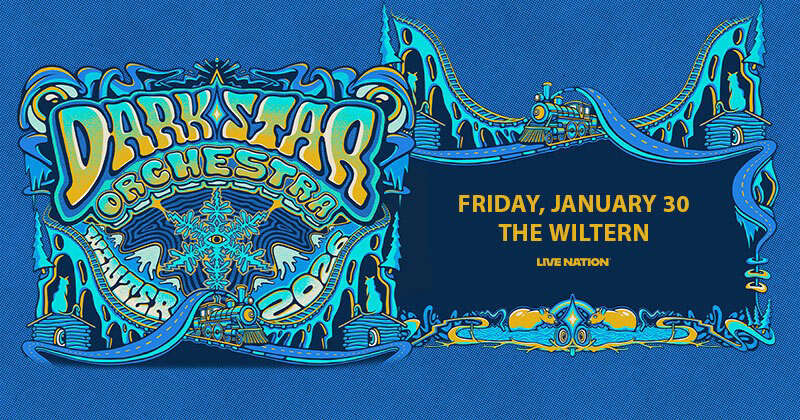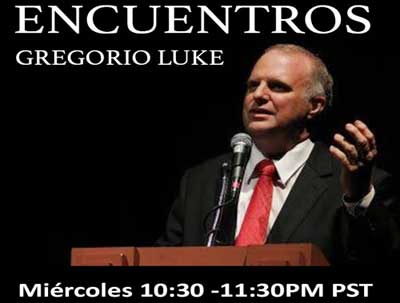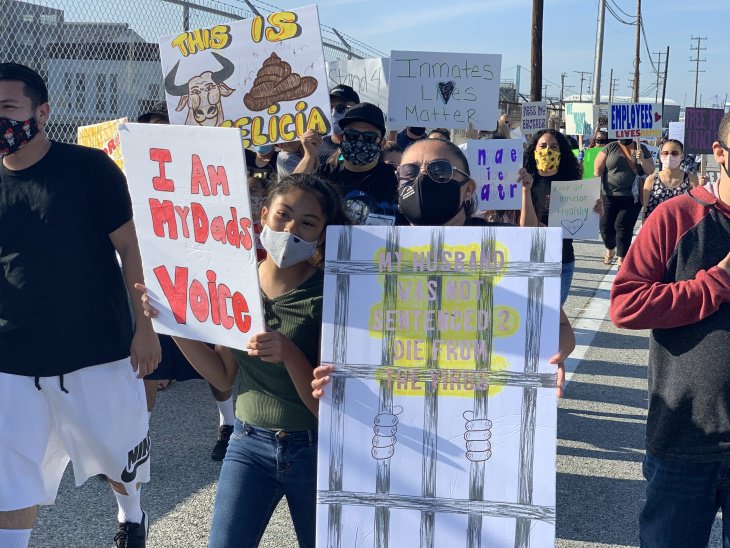
Families and advocates for prisoners at the federal lockup in San Pedro call for the release of non-violent prisoners due to risks from the coronavirus.
By Ernesto Arce | KPFK
Prisoner advocates and now elected officials are fighting for the livelihoods of prisoners at the Terminal Island federal corrections institute in San Pedro.
Nearly half of prisoners and about 15 staff members have tested positive for the coronavirus. The ACLU of Southern California filed class-action lawsuits in US District Court in Los Angeles on behalf of prisoners there as well as at the federal prison in Lompoc.
San Pedro Congress member Nanette Diaz Barragan toured the facility recently and told CBS News that many inmates are in distress.
“There were men screaming in there,” says Diaz Barragan. “They were asking for help. They were asking for them to urn on the air conditioning. When I say asking, I mean they were screaming.”
John Kostelnik, with the California Corrections prison guard union, said the federal prison system doesn’t seem to have a basic handle on emergency protocol during the pandemic.
“It is absolutely concerning,” says Kostelnik. “First, it was wear the PPE the all of a sudden it came down to don’t wear masks. And it seems that every meeting we had with these departments, things were changing.”
The terminal island prison, which opened in 1938, is considered a low-security lockup. Both state and local officials have called on the prisons to release such inmates especially those with underlying health issues.
While the state and LA County have reduced their populations, federal lockups haven’t.
Barragan says besides her backing of the lawsuit, she will ask Congress to intervene immediately.
“Time is of the essence because of the health and safety of inmates and you see the numbers and it’s causing a red flag.”
Both suits ask the court to direct the prisons to release people who have vulnerable medical conditions.
-
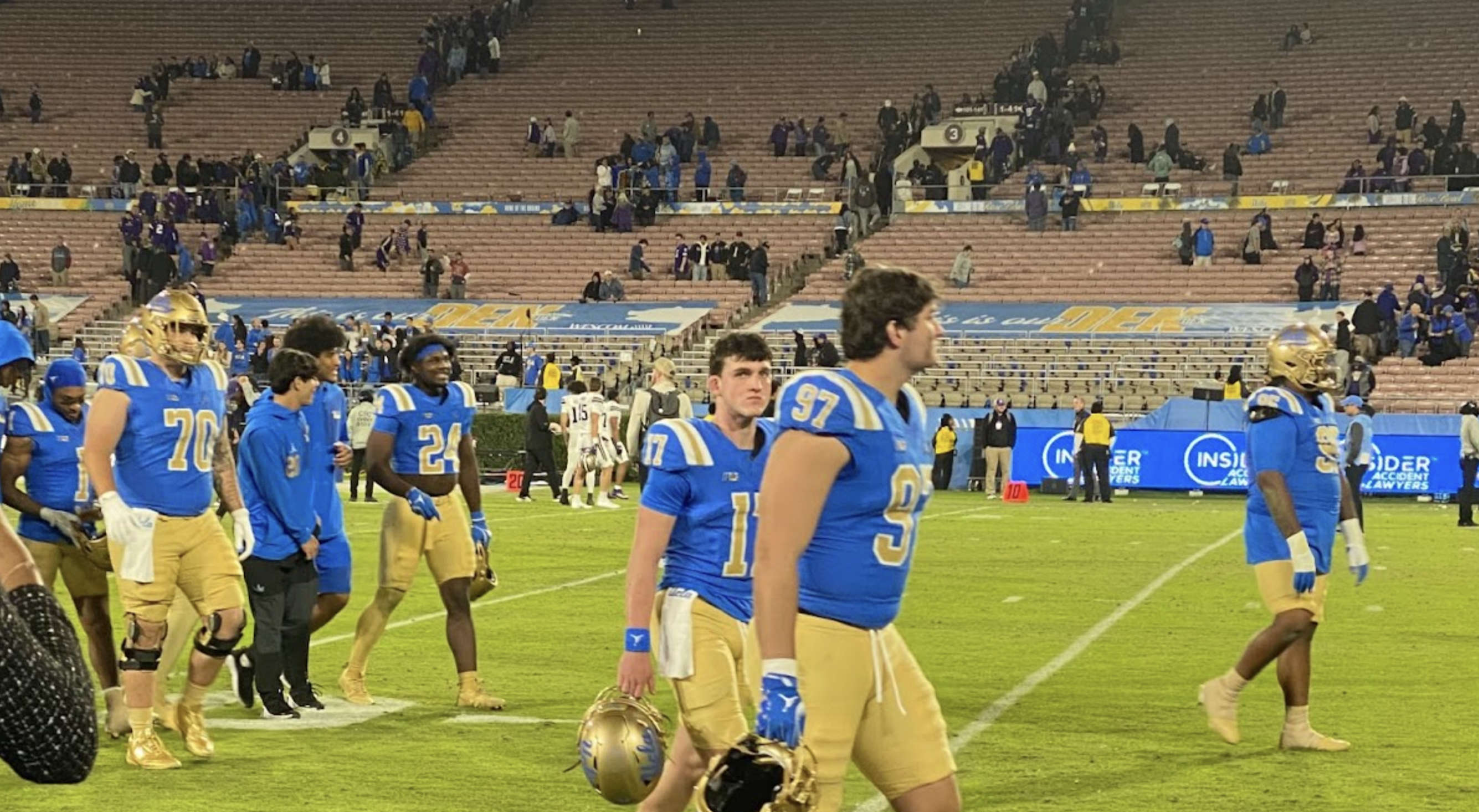 Washington tramples UCLA 48-14 on Senior Night
Washington tramples UCLA 48-14 on Senior Night
Washington steamrolled UCLA 48–14 on Senior Night at the Rose Bowl, capitalizing on turnovers, special teams chaos, and a dominant night from QB Demond Williams Jr.
-
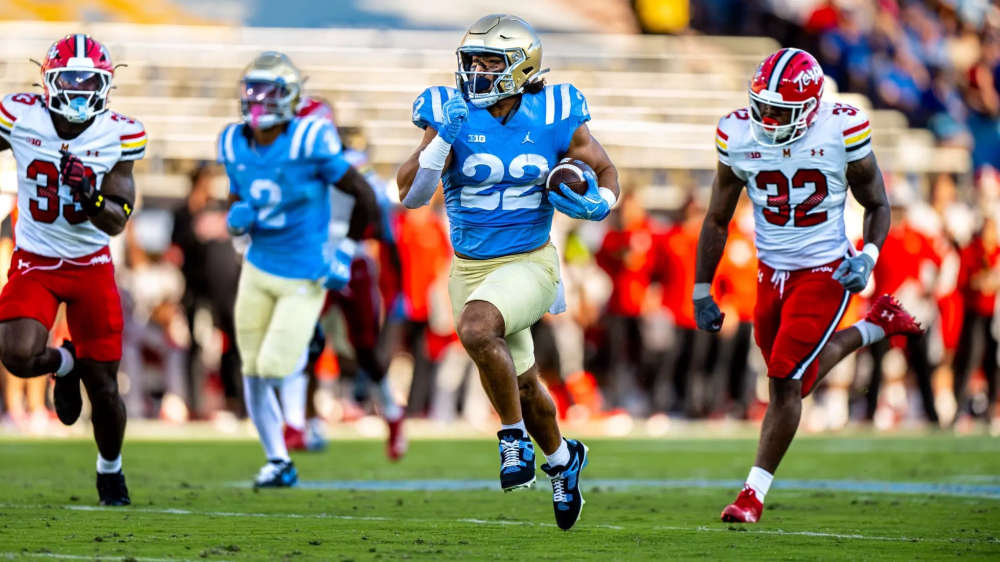 UCLA Football Wins Its Third Straight Game Ahead of Ranked Matchup
UCLA Football Wins Its Third Straight Game Ahead of Ranked Matchup
UCLA keeps rolling. After edging Maryland 20–17 at the Rose Bowl, the Bruins have quietly stacked three straight wins and are heading into another ranked showdown. Charlie Gonzalez breaks down the grind, the grit, and the moments that mattered.
-
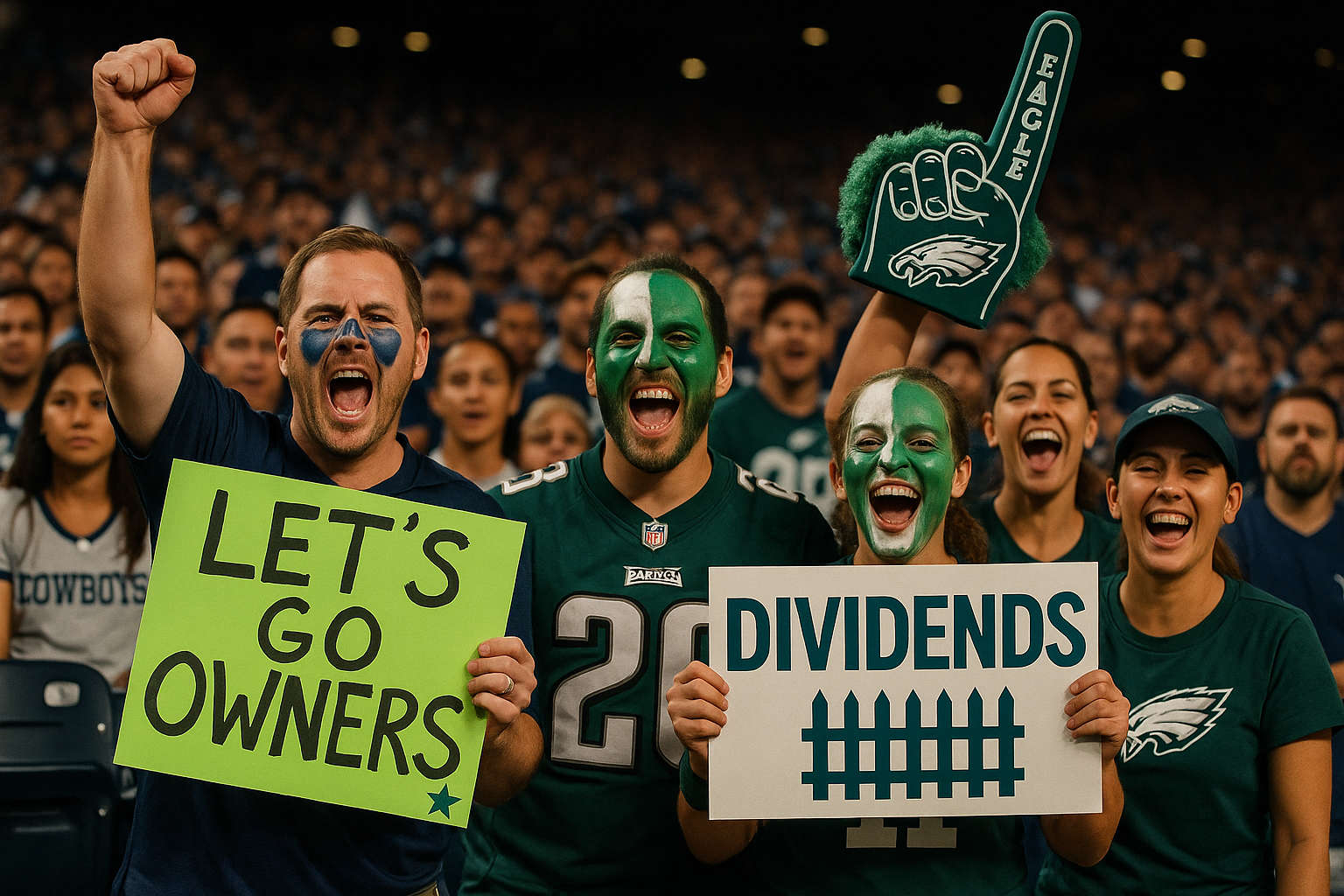 What Are We Cheering For?
What Are We Cheering For?
Every holiday, every weekend, every so-called American ritual came with a side of football. The game would be on, and we were supposed to care. I didn’t. Not really. Not until I almost did. For a brief stretch, when my dad worked with the Clippers during the Lob City era, I started to believe. Chris Paul, Blake Griffin, DeAndre Jordan — it felt like swagger, like culture, like something to belong to. Then the trades came, the team got gutted, and the curtain dropped. It wasn’t family. It wasn’t culture. It was business. That moment stuck. The more I watched, the more the wires showed: how ritual gets packaged, sold, and weaponized. How meaning becomes merchandise. How attention becomes empire.
-
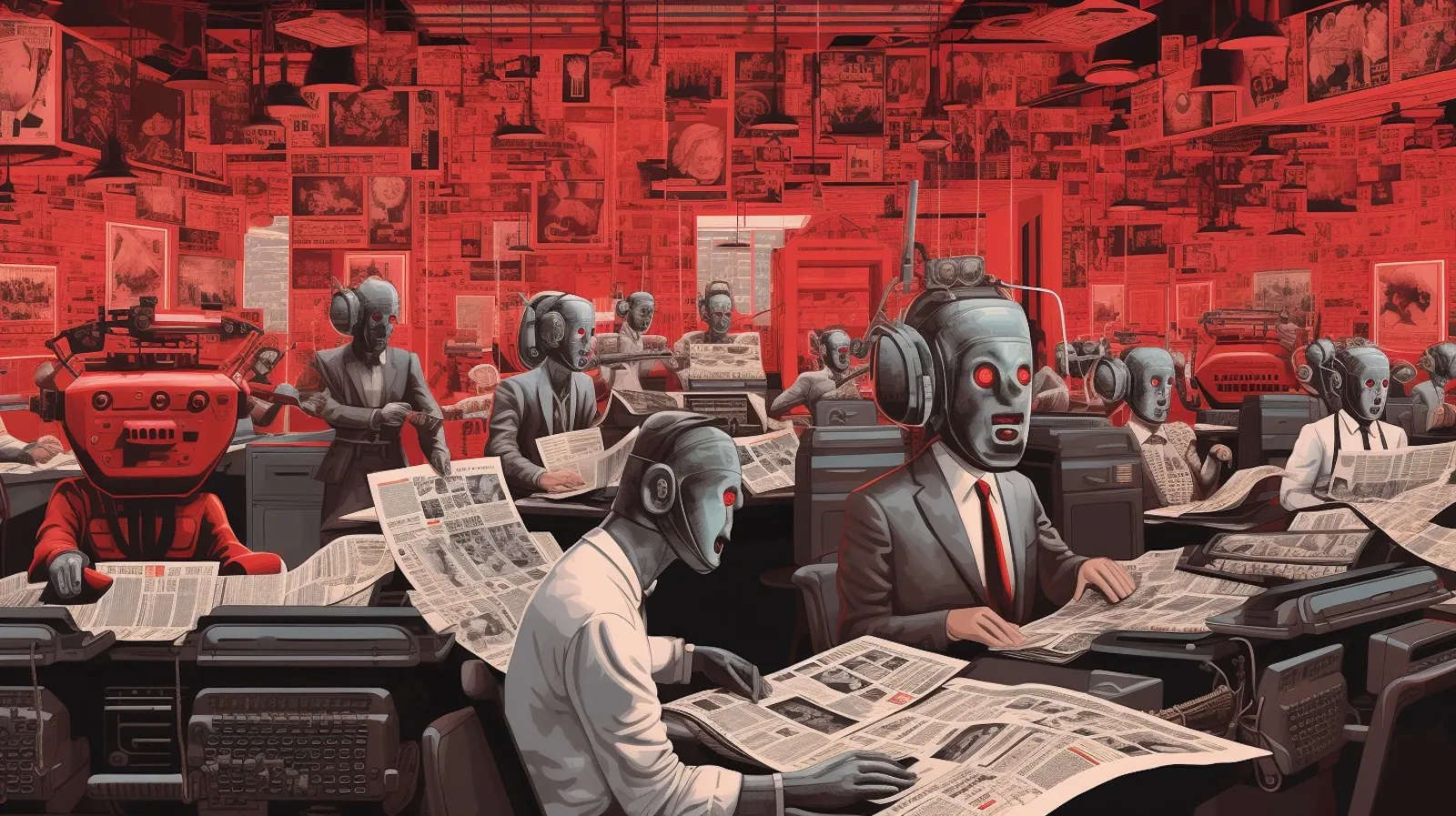 When AI Replaced Our Comics
When AI Replaced Our Comics
When AI replaced hand-drawn comics in our newsroom, I saw more than ugly art — I saw the erosion of what makes journalism worth doing.



